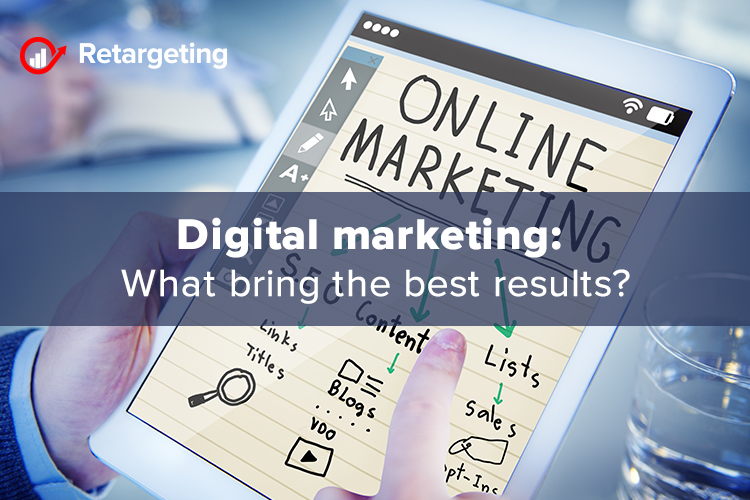Initiating marketing of an e-commerce business is hard, but not impossible. Where do I begin? is the question that pops into your mind when marketing your first e-commerce store. Digital marketing has branched out into several categories – such as paid, influencer, search, social, and more. The result? Marketing any business online has become incredibly challenging and confusing.
Using only one channel may not be enough to get the right results. But combined together, and you have the problem of coordinating them to achieve the right metrics.
Not sure what to choose yourself? Here are some pro and cons for each to help you decide what’s best for your marketing strategy.
Paid Marketing
In the early 2000s, companies that wanted to be promoted through the Search Engine Results Pages bought keywords for a limited duration, and Google gave them top spots on search results. The practice changed later on before Google rolled out its Adsense program.
The business model of online ads quickly spread over to social media sites. Facebook was launched in the late 2000s and in late 2010 it launched Facebook Adverts. After, other social media channels began doing the same.
Pros
– helps new e-commerce stores gain exposure and make sales;
– precise targeting of ads;
– measurable ROI;
– full control of the audience and ad budget.
Cons
– listings are temporary and can disappear as soon as the budget runs out;
– intense competition can lead to higher price bids for keywords;
– managing paid campaigns requires time and expertise;
– most of the users now use ad blockers so they don’t see the ads.
Organic Marketing
Organic marketing is the first kind of digital marketing that went mainstream. When search engines were established, they worked on keywords.
Anyone who had the knowledge of search engine optimization was able to push their website to search rankings without much effort.
Later on, when social media emerged, people started optimizing keywords to boost their posts on social media as well. They used to write keyword optimized content on social media websites to widen reach of their posts.
Organic marketing has now become harder, but, if done properly, it can help you promote your website for a fraction of the cost.
Pros
– it’s free;
– visitors trust it because the results are more relevant to them;
– it increases brand awareness;
– traffic has a higher click-through rate.
Cons
– attaining organic traffic is a long process;
– you will have to keep producing content and optimizing it to get noticed by search engines;
– it’s too competitive;
– there is no guarantee that your website will rank higher.

Influencer Marketing
Influencer Marketing is a fairly new concept in comparison with the others in the digital marketing scene. Influencer marketing is divided into three types.
Celebrity influencers don’t interact with their fans but they are highly popular among them. They also charge a lot for the products they promote. The cost of promotion can be in thousands of dollars.
Influencers are industry experts who have gathered a large following on social media accounts. They charge a couple of hundreds of dollars for promotion of products and technically make a living off of it.
Micro Influencers are niche-specific. Most small businesses prefer them because the target market is the same. Micro influencers have followers in a couple of thousands, and they promote for a fairly low price in comparison with the other two.
Pros
– can get you higher engagement in a short amount of time;
– effective micro influencers can be cost-effective for your business;
– they look authentic because their followers trust them;
– micro influencers can lead to powerful backlinks thus improving SERPs.
Cons
– no guarantee that it will bring results;
– finding the right influencer is a time-consuming process;
– KPIs are hard to measure;
– doesn’t bring consistent traffic.
Using all three methods requires a great deal of expertise and testing. However, with consistent planning, you will reach a level of stability after which you can reap higher profits by driving more relevant leads to your e-commerce store.

